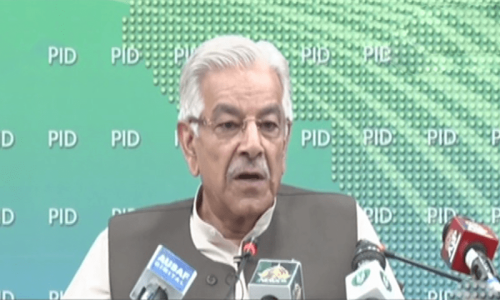ISLAMABAD: The Supreme Court has ruled that public appointments made behind closed doors raise eyebrows since they encourage the possibility of partisan intervention and patronage.
On the other hand, an open selection process for offices like the chairperson and members of the Council of Complaints (CoC) of Pakistan Electronic Media Regulatory Authority (Pemra) prioritises competition and helps discover best possible candidates, observed Justice Syed Mansoor Ali Shah in the judgement he wrote.
Justice Shah was member of a two-judge Supreme Court bench, headed by Chief Justice of Pakistan Umar Ata Bandial, which upheld the Feb 8 Sindh High Court order while hearing an appeal moved by Pemra against the ARY Communications Ltd.
The controversy at hand revolves around the question of whether honorary appointments to public offices like the chairperson and members of CoC be made after advertising the positions or not.
Verdict in Pemra-ARY case calls for selection by advertising posts
Justice Shah observed that the constitutional imperative of equality and non-discrimination demands that public sector appointments be made through an open and competitive process.
The judgement noted that neither Pemra Ordinance nor Pemra (CoC) Rules 2010 expressly require public advertisements for appointment to be made to CoC.
The idea is that CoC will consist of “respected, qualified and experienced members of society” who will work independently under facilitation of Pemra and take action on complaints received against broadcast media and distribution service providers.
The verdict said that any suitable candidates identified during the executive search may be approached with the prospective offer of serving in the CoC.
All candidates, whether identified during the government search or those applying in response to advertisement, will be “assessed against an objective criteria” which may relate to conduct, reputation, credibility, integrity and professional excellence, and then the most eligible candidates should be selected out of the consolidated pool, the judgement said.
Published in Dawn, September 10th, 2022













































